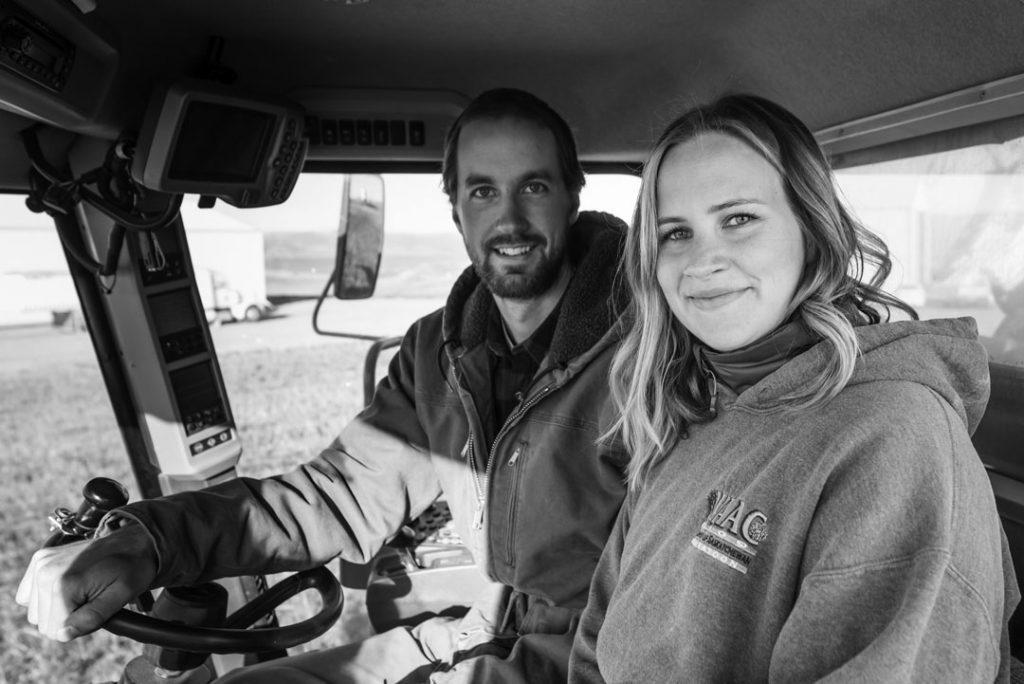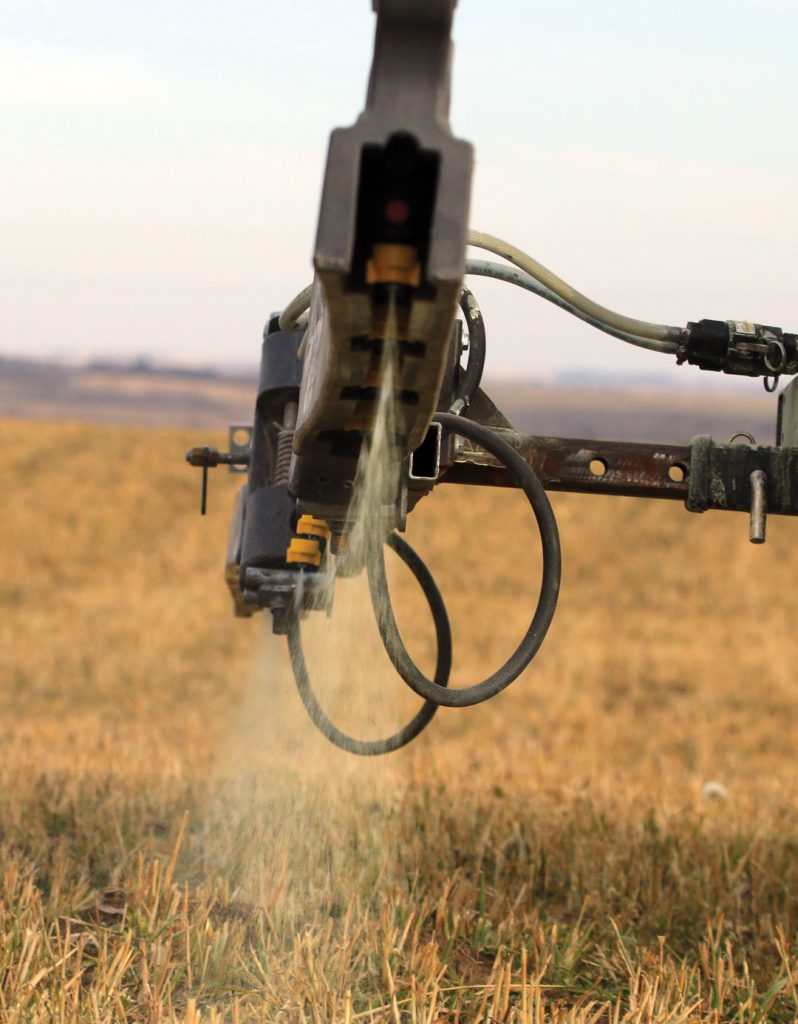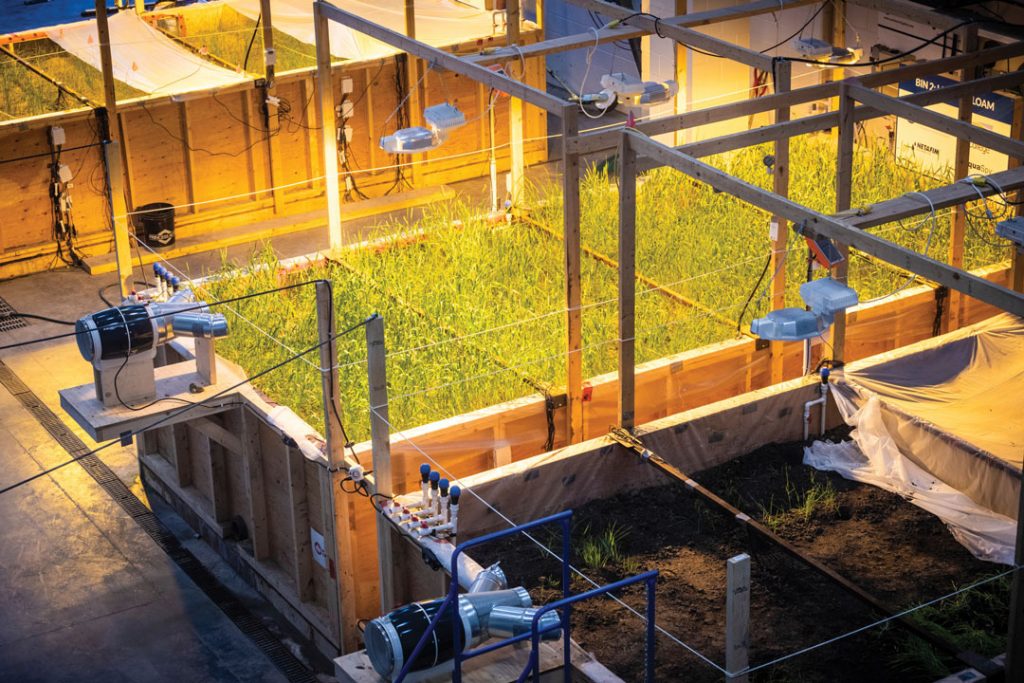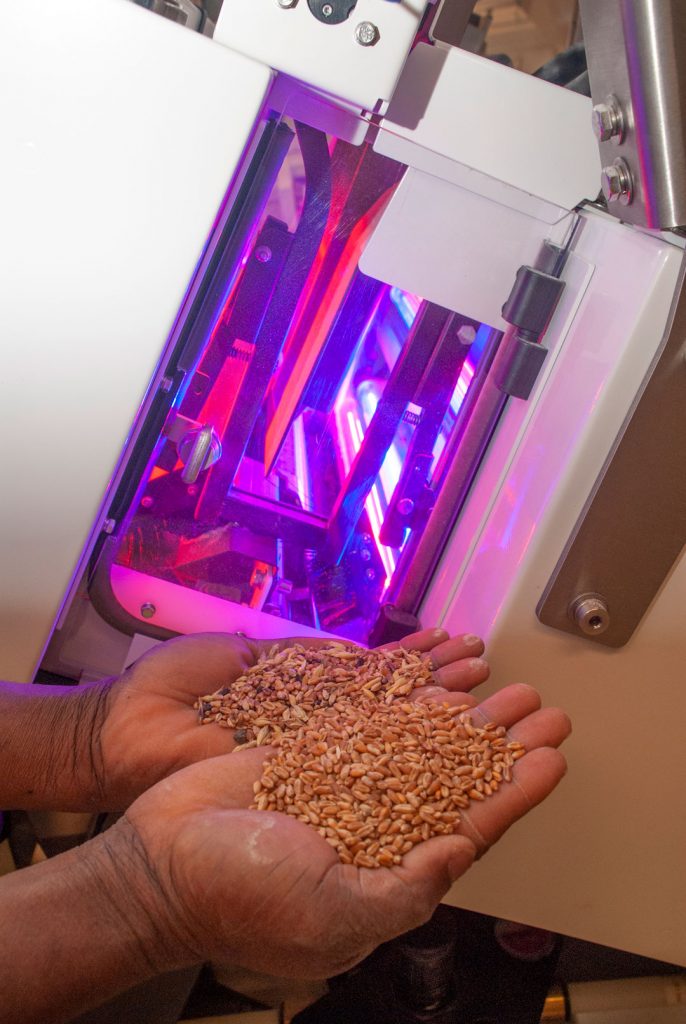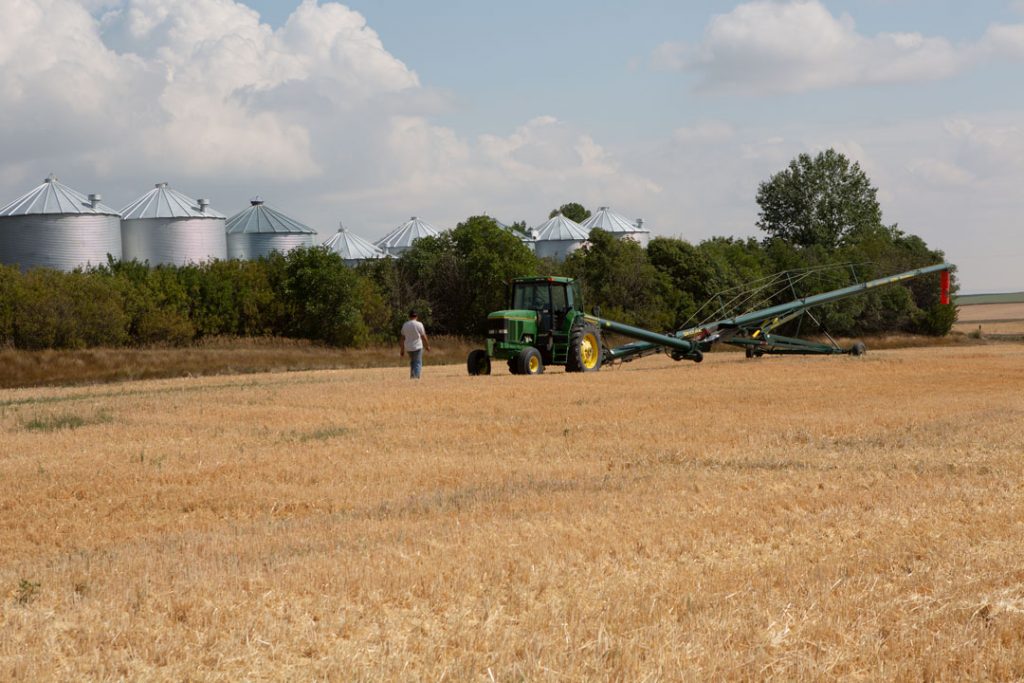The newly launchedIntegrated Agriculture Technology Centre (IATC) at Lethbridge College uses the school’s applied research expertise to advance innovative ag-tech ideas. Funded by a five-year, $1.75 million Natural Sciences and Engineering Research Council grant received in April of 2020, it works with small- and medium-sized agribusinesses to take their products, processes and services to market. With this technology access centre [TAC] grant, the centre helps such entrepreneurs conduct research, test their products and boost productivity. In its first year of operation, the centre assisted 18 companies to secure more than $500,000 worth of external funding, which includes grants and cash from private investors.






